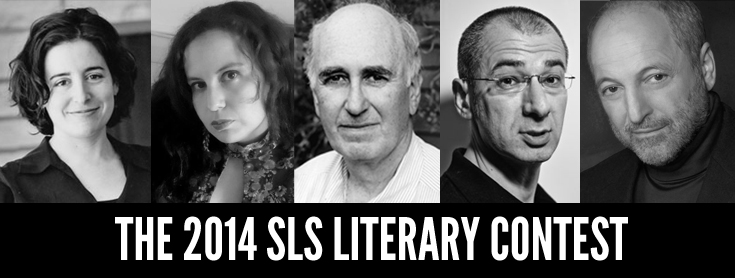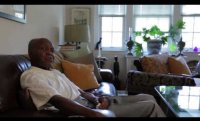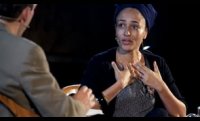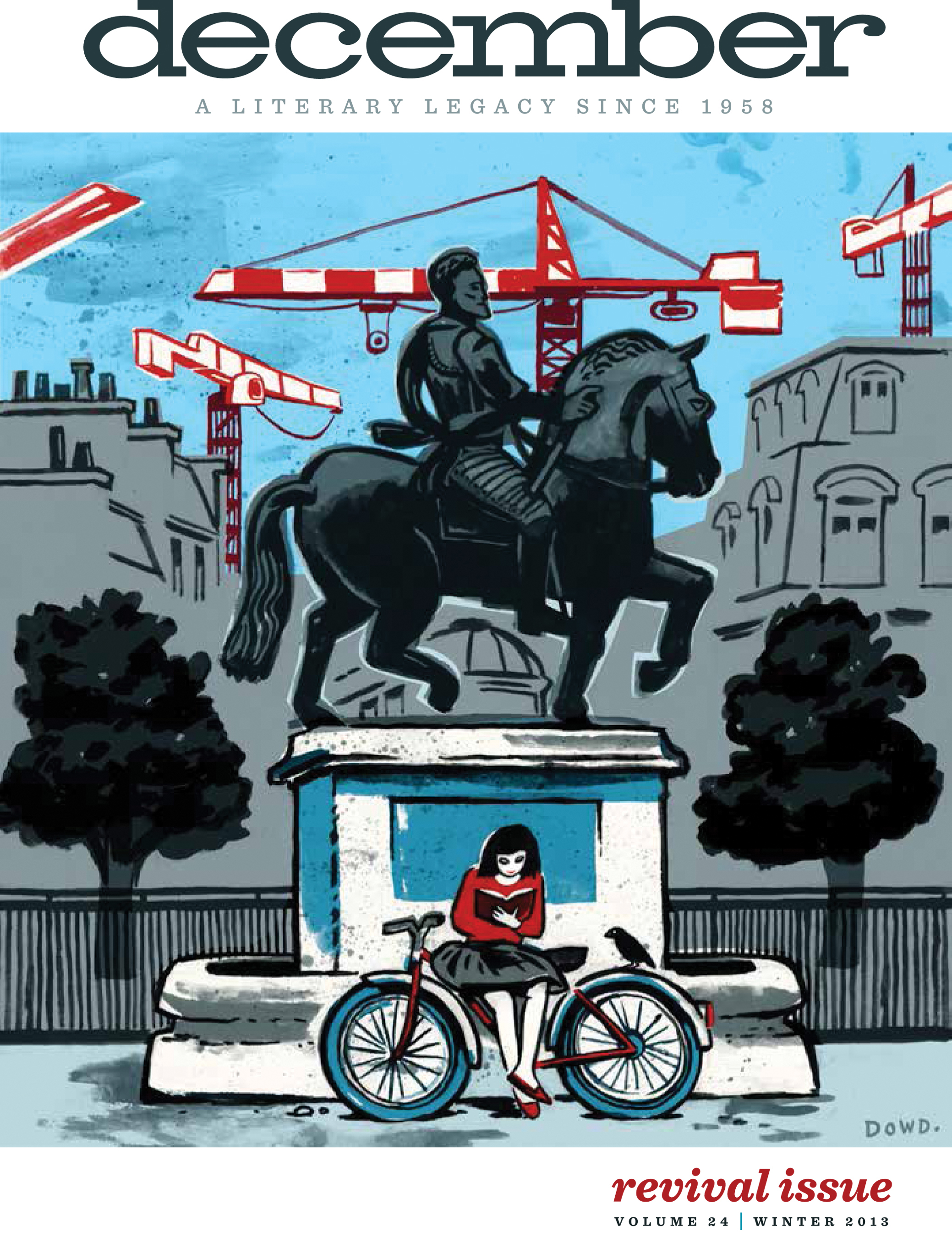New Book Prize Aims to Right the Wrongs of Past Awards
In an effort to celebrate great books of long ago that were overlooked by major American literary prizes such as the National Book Awards and the Pulitzer Prizes, online literary magazine Bookslut has launched its own new award.
The Daphnes will posthumously honor books published decades ago, starting with the year 1963, in order to “right the wrongs of the 1964 National Book Awards," editor Jessa Crispin writes on the Bookslut blog. “If you look back at the books that won the Pulitzer or the National Book Award, it is always the wrong book. It takes decades for the reader to catch up to a genius book, it takes years away from hype, publicity teams, and favoritism to see that some books just aren’t that good.”
The Bookslut team has begun compiling nominations of some of the best books published in 1963—very few of which even made the NBA shortlist—which in fiction included The Bell Jar by Sylvia Plath, V by Thomas Pynchon, and Cat's Cradle by Kurt Vonnegut, among others (John Updike's The Centaur took the fiction prize that year). Notable nonfiction works of the year included Fire Next Time by James Baldwin and Eichmann in Jerusalem by Hannah Arendt (the award went to a biography of John Keats); and while a John Crowe Ransome anthology took the prize in poetry, other 1963 collections included 73 Poems by E. E. Cummings, Reality Sandwiches by Allen Ginsburg, Snapshots of a Daughter-in-Law by Adrienne Rich, and All My Pretty Ones by Anne Sexton.
The editors are currently seeking more nominees for the best books of 1963, in the categories of fiction, nonfiction, poetry, and children’s books. Nominations can be sent via e-mail to Jessa Crispin.
A panel of judges in each category, comprised of writers chosen by the editors, will read each nominated book and vote on the winner.
Stay tuned to the Bookslut blog for more updates about the award, and in the meantime check out an interview with Crispin by Dustin Kurtz of independent publisher Melville House.





 Second-place winners in poetry and fiction will receive a full tuition waiver for the two-week program of their choice; third-place winners will receive a 50 percent tuition discount. All qualifying entries will automatically be considered for
Second-place winners in poetry and fiction will receive a full tuition waiver for the two-week program of their choice; third-place winners will receive a 50 percent tuition discount. All qualifying entries will automatically be considered for 

 Founded by Dzanc in 2011 and inspired by Lisbon poet Fernando Pessoa’s The Book of Disquiet, the annual DISQUIET International Literary Program is a two-week retreat that brings together North American and Portuguese writers in the heart of Lisbon. The program offers
Founded by Dzanc in 2011 and inspired by Lisbon poet Fernando Pessoa’s The Book of Disquiet, the annual DISQUIET International Literary Program is a two-week retreat that brings together North American and Portuguese writers in the heart of Lisbon. The program offers  Poets may submit up to three poems of any length; prose writers may submit a short story or essay of up to 8,000 words. The entry fee is $20, which includes a copy of the Spring issue. Submissions will be accepted online via
Poets may submit up to three poems of any length; prose writers may submit a short story or essay of up to 8,000 words. The entry fee is $20, which includes a copy of the Spring issue. Submissions will be accepted online via